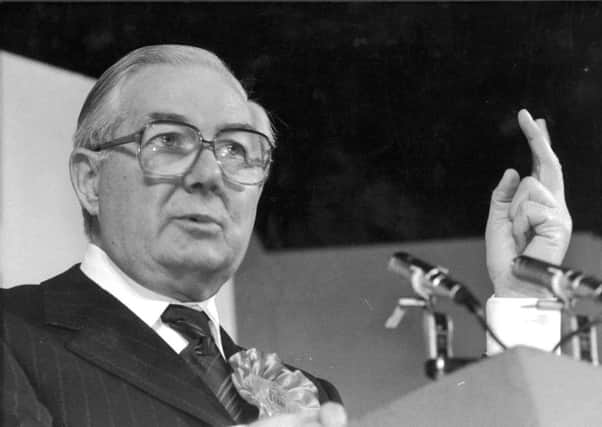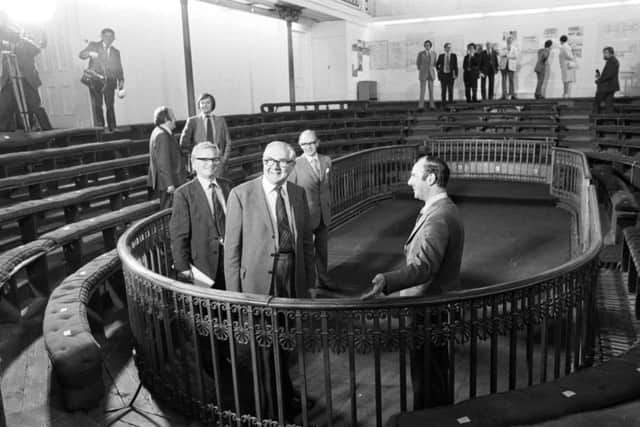OTD: James Callaghan’s Government brought down by motion of no confidence


March 28, 1979, saw a motion of no confidence tabled by Margaret Thatcher’s Conservative opposition pass by just a single vote. Under then parliamentary rules, prime minister Callaghan was forced to go to the country.
The resulting general election saw the Tories returned to power with a majority of 43 seats. The era of Thatcherism - and all that it entailed - had begun.
Advertisement
Hide AdAdvertisement
Hide AdFor Conservatives, the vote was just one step in a much longer journey that many believe would inevitably have happened anyway. Callaghan’s government had been badly damaged by a series of industrial disputes, rising unemployment and a general sense that Westminster had lost its way.


But for those opposed to Thatcherism, the motion of no confidence has acquired mythical status. If only the vote could have been somehow defeated, this revisionist theory goes, then perhaps Labour could have found a way to cling on to power.
‘Turkeys voting for Christmas’
The event is recalled with particular bitterness in Scotland. Readers have continued to argue who was to blame in The Scotsman letters page ever since. The same debates are now played out online.
Many Labour members have never forgiven the 11 SNP MPs who supported Mrs Thatcher’s motion. Nationalists counter that it was Labour’s failure to deliver Scottish devolution - the failed 1979 referendum had taken place just days before - which forced them to withdraw their support for Mr Callaghan.
The prime minister famously quipped the SNP MPs were turkeys voting for Christmas.
Even today, with the Brexit crisis gripping the country, the leaders of the SNP and Labour found the time to share posts on social media on who was really at fault.
Nicola Sturgeon, in response to a video shared by Jeremy Corbyn which laid the blame of 1979 squarely at the Nationalists’ door, said: “Instead of talking about things that happened when I was eight years old, how about showing some leadership today? You could start by asking yourself why the polls show you still trailing behind the most incompetent Tory government in our lifetimes.”
Modern parallels
Scotsman columnist and former Labour MP Brian Wilson recently argued there were parallels with the events of 1979 and today’s Brexit impasse.
Advertisement
Hide AdAdvertisement
Hide Ad“When the votes were tallied, it did not matter a toss why MPs of different persuasions were in the lobby with Mrs Thatcher. Only the outcome left its mark on history – and what a mark it was,” he said.
“In exactly the same way, there is an imminent danger of MPs who claim to revile a particular outcome – leaving the EU without a deal – delivering exactly that catastrophe. Through obduracy or inadvertence, they are refusing to face up to the actual choice at hand.”
Reflections
Callaghan himself was philosophical when he recalled the events of March 28. In his memoir, published in 1987, he wrote: “Contrary to the myths which have sprung up since 1979, Labour did not lose support in the general election – our national vote was in fact slightly higher than it had been nearly five years earlier in October 1974, when we had won more seats than the Tories. It demonstrated how much steady understanding and support existed for what we had tried to do.
“But, tempted by promises of lower taxation and with memories of the winter, the abstaining Tories of 1974 had flocked back to their Party’s colours and this gave Mrs Thatcher a large majority of seats. It was a miracle that we had governed as long and effectively as we had.”